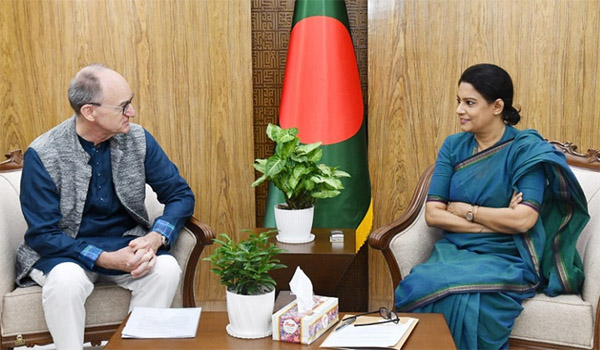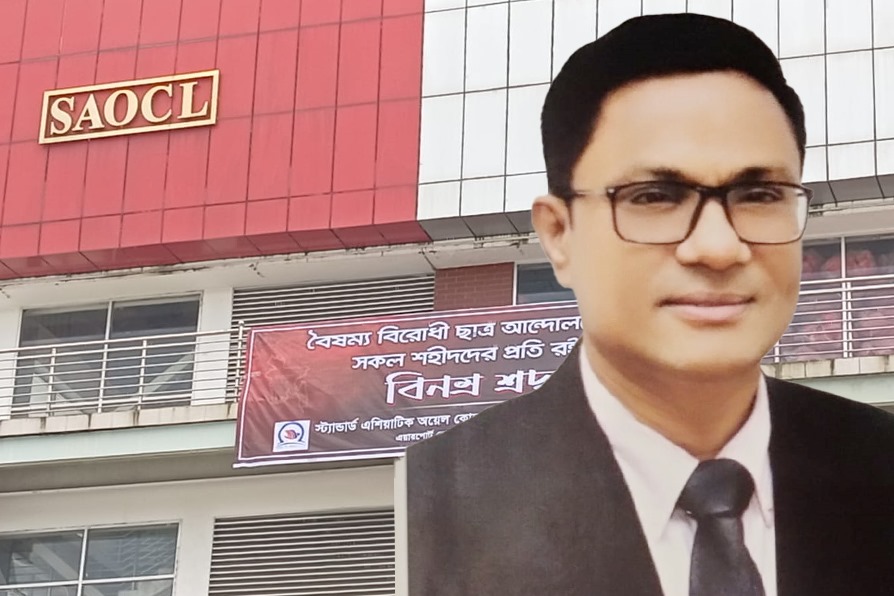The Rohingya refugee crisis in Cox’s Bazar, Bangladesh, continues to present increasingly complex challenges, with over a million refugees now residing in camps originally designed to accommodate far fewer people. These camps, the largest refugee settlement in the world, are plagued by overcrowding, inadequate infrastructure, and limited access to basic necessities such as food, clean water, sanitation, and healthcare. As the humanitarian situation deteriorates, the need for expanded international aid and sustainable solutions is becoming more critical than ever.
The overcrowded conditions in the camps make it nearly impossible to maintain basic standards of living. Shelters, often made from flimsy bamboo and tarpaulin, are vulnerable to the region’s harsh weather, particularly during monsoon season. Recent heavy rains and landslides have destroyed shelters and roads, further displacing thousands of refugees within the camps. Access to clean water and sanitation is another growing concern, with many families having to rely on unsafe water sources, increasing the risk of waterborne diseases like cholera and dysentery.
Health services are also struggling to keep pace with the increasing demands. Malnutrition remains a significant problem, particularly among children, who are at risk of stunted growth and developmental delays. The overcrowded environment has also made it difficult to contain the spread of communicable diseases such as COVID-19, tuberculosis, and skin infections. Despite efforts by international organizations to provide vaccinations and healthcare, the scale of the population makes it nearly impossible to meet the needs of all the refugees.
Humanitarian agencies have been working tirelessly to address these issues, but funding shortfalls are creating additional obstacles. Many organizations are operating on limited budgets and have been forced to scale back critical services. The World Food Programme (WFP) has already warned that food rations for the refugees may have to be reduced if additional funding is not secured. This would have devastating consequences for an already vulnerable population, many of whom are reliant on external aid for their daily survival.
Education is another critical area where assistance is urgently needed. Thousands of children in the camps have limited access to formal education, which jeopardizes their future prospects and leaves them vulnerable to exploitation, including child labor and trafficking. Efforts to establish temporary learning centers have been made, but these are often overcrowded, and there is a severe shortage of trained teachers.
The prolonged presence of the refugees has also led to rising tensions between the host community and the refugees themselves. Many local residents in Cox’s Bazar, who are also living in poverty, are frustrated by the strain that the influx of refugees has placed on local resources. Competition over jobs, water, and other basic necessities has led to occasional clashes. The Bangladeshi government has called for more international support to help ease the burden on the local population, emphasizing that Bangladesh cannot continue to shoulder this responsibility alone.
In addition to these local tensions, the security situation within the camps themselves is deteriorating. There have been reports of increased criminal activity, including human trafficking, drug smuggling, and violence between different groups within the camps. This has created an environment of fear and instability, further complicating the delivery of humanitarian aid and services.
Efforts to repatriate the Rohingya refugees to Myanmar have stalled, as the refugees remain unwilling to return to a country where they still face persecution and violence. The Myanmar government has made few concrete efforts to ensure the safety and rights of the Rohingya population, and the military coup in 2021 has only added to the uncertainty and instability. Without guarantees of citizenship, safety, and the restoration of their rights, many Rohingya refugees are hesitant to leave the relative safety of the camps.
In this context, the international community faces a dilemma. While immediate humanitarian aid is critical to address the current crisis, long-term solutions are needed to resolve the root causes of the refugee situation. This includes diplomatic efforts to ensure that Myanmar takes meaningful steps toward the safe and voluntary repatriation of the Rohingya, as well as exploring possibilities for integrating refugees into other countries.
The Rohingya refugee crisis is a multifaceted humanitarian emergency that requires coordinated and sustained action from the global community. The immediate priority must be to increase funding and support for the refugees in Cox’s Bazar, ensuring that they have access to adequate food, shelter, healthcare, and education. This will require not only financial assistance but also logistical and technical expertise to improve the living conditions in the camps and mitigate the risks posed by natural disasters, disease outbreaks, and violence.
Simultaneously, efforts must be made to address the long-term challenges facing the Rohingya people. Repatriation, while the preferred solution, cannot happen without significant political and social reforms in Myanmar. In the meantime, alternative solutions such as resettlement in third countries or greater integration into local communities may need to be explored.
International organizations, including the United Nations, have a critical role to play in facilitating dialogue between the parties involved and ensuring that the rights and dignity of the Rohingya refugees are upheld. For Bangladesh, continued international support is essential to manage the crisis without placing further strain on its own resources.
In conclusion, the humanitarian needs in Cox’s Bazar are vast and growing, with the Rohingya refugees facing increasingly dire conditions. While short-term aid is crucial to address the immediate challenges, the international community must also prioritize long-term, sustainable solutions to provide the Rohingya people with a path to dignity, safety, and stability. Without such comprehensive efforts, the crisis will continue to escalate, further deepening the suffering of one of the world’s most vulnerable populations.

 A.B.M. Abir
A.B.M. Abir 



















